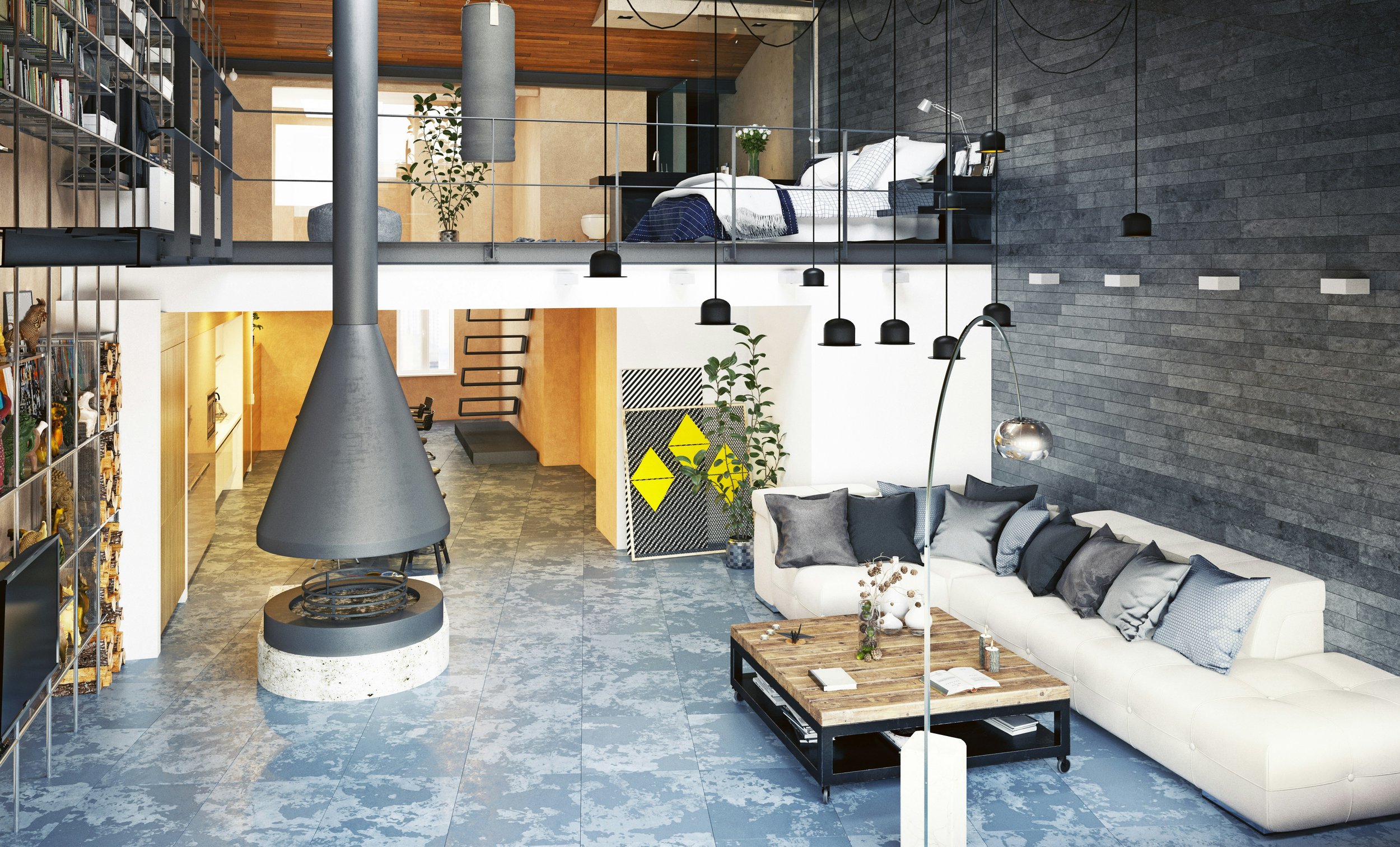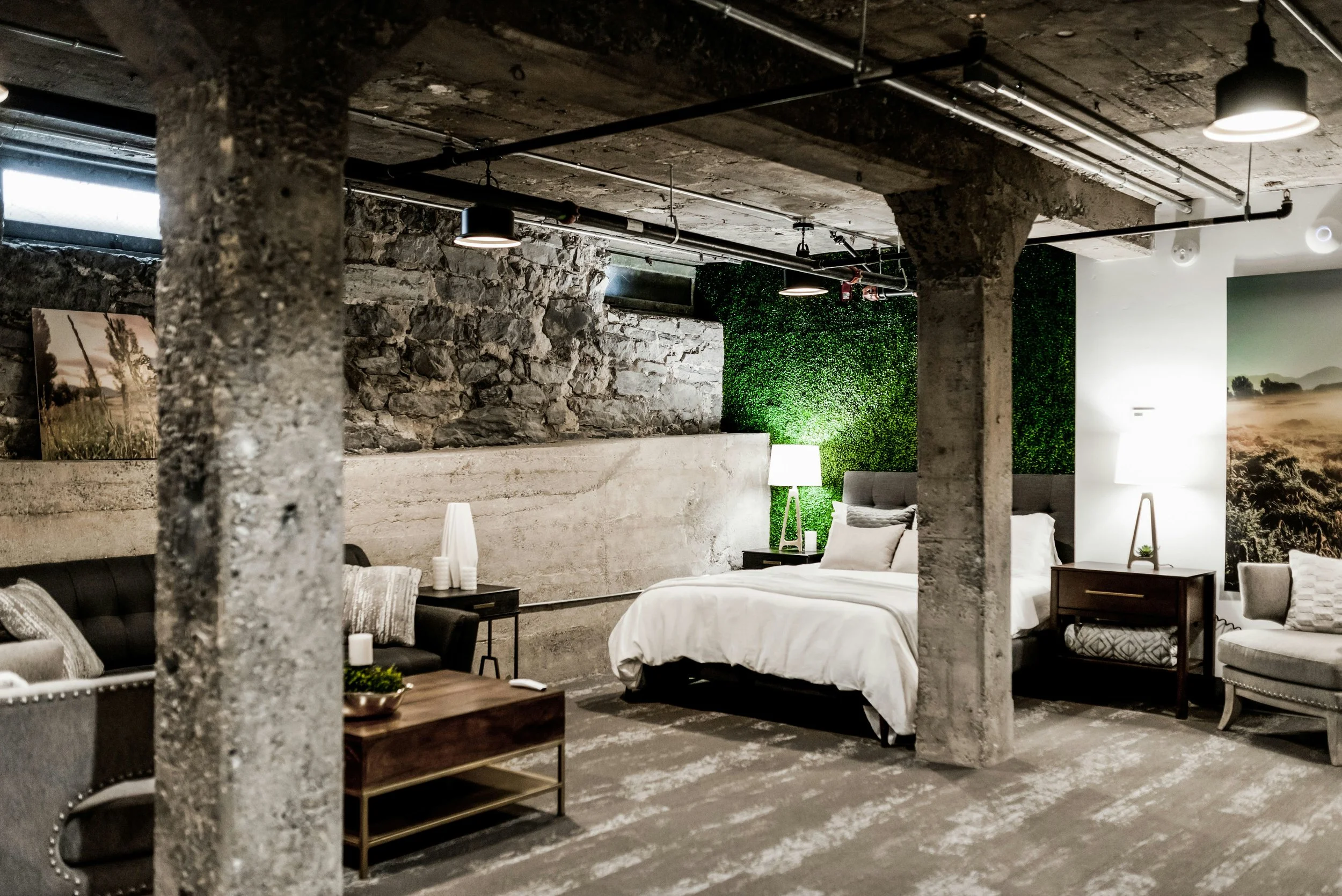Calgary Basement Renovations: What You Need to Know Before You Start
Discover essential tips for Calgary basement renovations, from planning and budgeting to choosing materials. Get prepared for a successful project that adds value and functionality to your home.
Thinking about renovating your basement? Here’s a straightforward guide to help you make informed decisions, maximize your investment, and avoid costly mistakes. Let’s break down each critical step.
1. Assess Your Space
Inspect the Basics: Look for visible signs of moisture, mold, or cracks in the foundation. Any underlying issues should be fixed before starting the renovation to avoid future damage.
Measurements Matter: Carefully measure the area and consider the ceiling height. Calgary building codes often require a minimum height for living spaces, so ensure your space qualifies.
Consider Structural Elements: Basements sometimes contain low ceilings, support columns, or beams. Identifying these early on allows you to design around them instead of encountering issues later.
Example: If you find a low beam in the middle of the basement, you might decide to incorporate it into a partition wall, turning it into a feature rather than a flaw.
2. Set a Clear Budget
Know the Cost Range: Basement renovations in Calgary can range widely, often between $20,000 to $75,000, depending on the level of finish and features you want.
Allocate a Contingency Fund: Unplanned expenses arise often in basement renovations. Aim to set aside an additional 10-15% for unexpected repairs or upgrades.
Include All Costs: Permits, design fees, materials, and labor should all factor into your budget. For an upscale finish, costs could be higher due to premium materials and custom work.
Practical Tip: Getting three quotes from contractors can give you a sense of the budget. Avoid simply choosing the lowest bid—prioritize experience and references for reliability.
3. Consider Your Purpose
Identify the Primary Function: Will the basement serve as a rental suite, a guest room, or a recreational area? Your choice directly impacts the design, materials, and budget allocation.
Multi-Purpose Spaces: If you envision a space that can transition from a home theater to a playroom, plan the layout to accommodate multiple uses. This flexibility can increase the value of your renovation.
Example: For a rental suite, you’ll likely want to include a small kitchenette and bathroom, which require additional plumbing and electrical work.
4. Research Calgary’s Building Codes
Safety First: Calgary’s regulations require specific egress windows to ensure safe exit routes in case of emergency. Without these, your basement may not be considered a legal living space.
Fire Safety Compliance: Fire-resistant drywall, insulation, and proper smoke alarms are required for basements that will serve as bedrooms or rental suites.
Consult a Professional: Hiring a contractor familiar with Calgary’s codes ensures you meet all safety and regulatory standards.
Insight: The permit process can take several weeks, so include this in your timeline. Certain changes, like adding larger windows, might require separate permits.
5. Choose Durable Materials
Flooring Options: Basements are prone to moisture, so select materials that can withstand humidity. Vinyl plank flooring and ceramic tiles are popular choices for their durability and water resistance.
Walls and Insulation: Mold-resistant drywall and proper insulation can help regulate temperature and prevent mold growth. Insulation is especially important in Calgary’s cold climate.
Avoid Carpet: In areas where water may seep in during a flood or heavy rain, carpet can become a liability.
Example: Vinyl flooring offers an affordable, water-resistant solution that mimics the look of hardwood, providing style without the risk of warping from moisture.
6. Plan for Heating and Ventilation
Heating Solutions: Calgary’s colder climate means you’ll need effective heating options. Radiant floor heating or baseboard heaters are popular for basements because they keep the area warm without taking up wall space.
Ventilation is Key: Good ventilation reduces moisture and improves air quality, both essential in basement areas where airflow can be limited. Consider a dehumidifier if your basement has high humidity.
Upgrade Your HVAC: Extending your home’s HVAC system to the basement may require additional ductwork and planning.
Tip: Installing a programmable thermostat for the basement allows you to manage temperatures independently, saving on energy costs.
7. Lighting and Electrical Layout
Natural Light Limitations: Basements often lack natural light. Recessed LED lighting and strategically placed sconces can brighten the space without using much energy.
Electrical Outlets: Plan for enough outlets to accommodate entertainment systems, appliances, or home office equipment. Adding outlets later can be costly.
Code Compliance: Work with a certified electrician to meet Calgary’s electrical safety standards.
Practical Example: Using dimmable LED lighting allows for adjustable ambiance, which is ideal for spaces like media rooms or guest areas.
8. Hire the Right Contractor
Check References: Ask to see past projects and speak with previous clients. Look for contractors who specialize in basement renovations and have a track record in Calgary.
Licensing and Insurance: Verify the contractor’s credentials and ensure they have insurance. This protects you from liability if any accidents occur during the project.
Get Multiple Quotes: Comparing bids helps you understand the market rate and avoid overpaying. Look beyond price—consider quality and reliability.
Advice: Aim to hire a contractor who communicates clearly and provides detailed, itemized quotes. Clear expectations from the start can prevent misunderstandings and delays.
9. Timeline Expectations
Average Project Duration: A full basement renovation usually takes 6-8 weeks from start to finish. Permits, inspections, and unexpected challenges may extend this.
Expect Delays: Material availability, supply chain issues, and Calgary’s winter weather can impact timelines. Prepare for minor delays.
Plan Ahead: If your basement will be used for a special purpose (e.g., a holiday guest suite), begin renovations well in advance.
Example: Scheduling ahead for items like custom cabinets or specialty lighting can prevent last-minute delays.
10. Maximizing Resale Value
Consider a Rental Suite: A basement with a kitchenette and bathroom can function as a rental unit, adding both value and potential income.
Return on Investment: Well-executed basement renovations yield approximately 70% return on investment, making them one of the best ways to add value to your home.
Appeal to a Broader Market: Choose neutral colors and finishes that suit various tastes, increasing your basement’s market appeal.
Quick Fact: A finished basement can add substantial square footage to your home’s listing, which may lead to a higher sale price.
Final Questions to Ask Yourself
Budget: Have you set aside funds for unexpected repairs or upgrades?
Purpose: Are all potential uses for the space considered in your design?
Commitment: Are you ready to handle a renovation timeline of several weeks?
A basement renovation transforms underutilized space into a valuable asset. With a clear plan, smart budgeting, and the right professionals, you’ll create a functional, stylish basement that enhances your home’s value and comfort.
Stay up to date with our latest ideas!
Exclusive deals just for our readers! Click below to unlock special offers and elevate your shopping experience!



